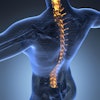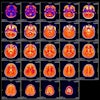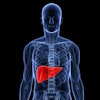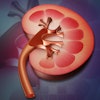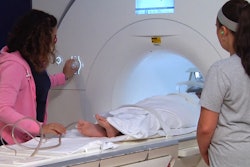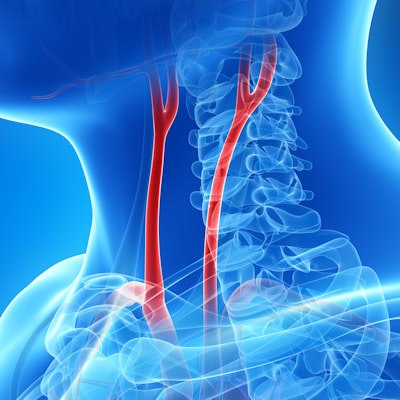
Brain lesions identified on diffusion-weighted MRI (DWI-MRI) after a patient has undergone carotid revascularization don't seem to translate to higher long-term stroke risk, a study published August 24 in the journal Stroke has found.
"The results from our analysis do not support the role of ischemic brain lesions discovered on DWI after carotid revascularization procedures as risk markers for long-term recurrent stroke or transient ischemic attack," wrote a research team led by Simone Donners, MD, of University Medical Center Utrecht in the Netherlands.
Carotid artery revascularization can result in new ischemic brain lesions on diffusion-weighted magnetic resonance imaging, the team noted.
The group sought to assess any links between periprocedural ischemic DWI lesions that appeared in a cohort of 162 patients with symptomatic carotid stenosis after carotid artery revascularization and long-term cerebrovascular events such as stroke. The patients had participated in the ICSS (International Carotid Stenting Study) and were randomized to carotid artery stenting or carotid endarterectomy groups; all underwent MR imaging one to seven days before and one to three days after treatment.
The study's primary endpoint was incidence of stroke or transient ischemic attack during follow-up (median time, 8.6 years; range, 5 to 12.5 years), the team noted. The authors compared patients who showed new DWI lesions on post-treatment MRI exams to those who did not.
The team found that incidence of new lesions on MRI exam follow-up was not significant.
| Comparison of stroke incidence among patients without and with new lesions on DWI-MRI at 12.5-year follow-up | ||
| Event | Patients without new lesions on DWI-MRI | Patients with new lesions on DWI-MRI |
| Incidence of stroke or transient ischemic attack | ||
| Kaplan-Meier cumulative incidence | 31.1% | 35.3% |
| Uni- and multivariable regression analyses (hazard ratio, with 1 as reference) | 1.3 | 1.5 |
"Based on our outcome analysis within the International Carotid Stenting Study MRI substudy, DWI lesions following carotid revascularization did not seem to have a relationship with long-term stroke risk," the investigators concluded.
The complete study can be found here.


